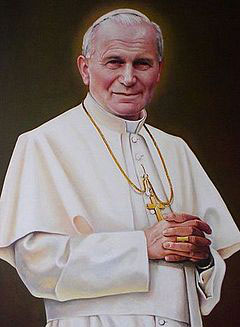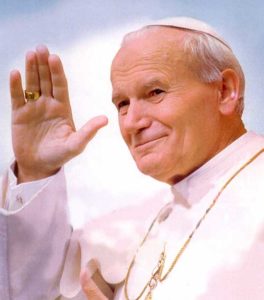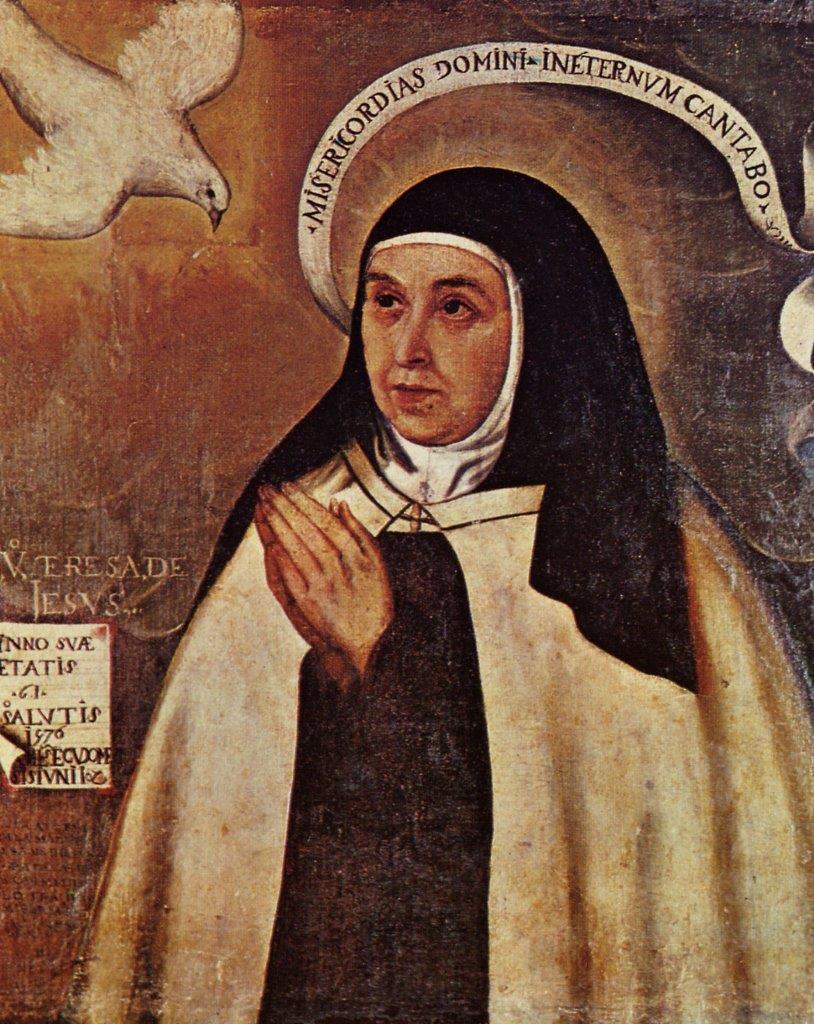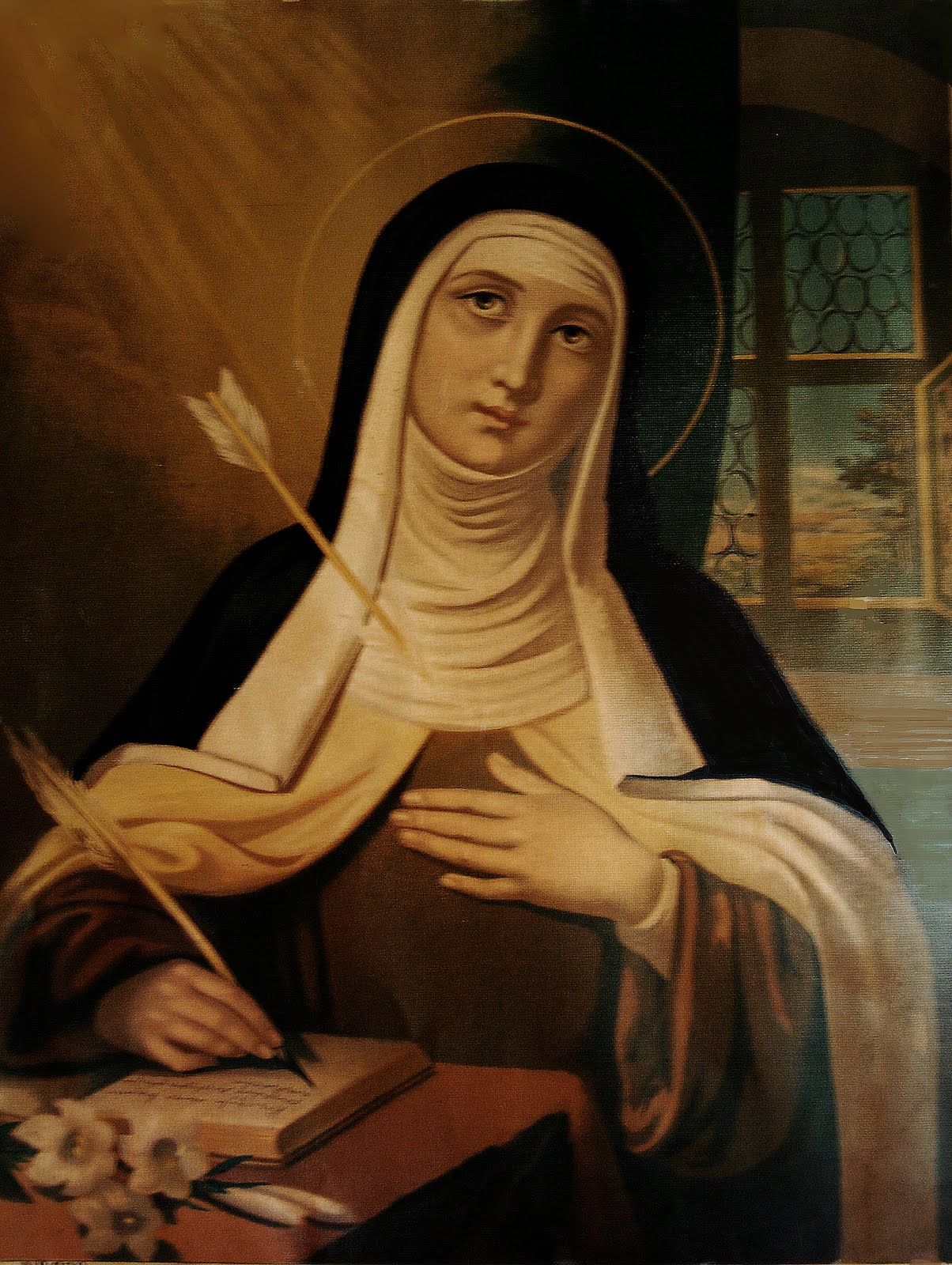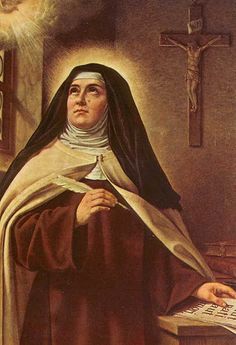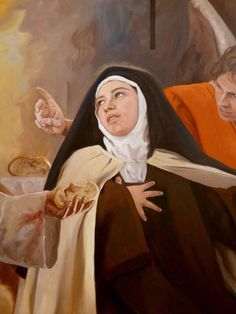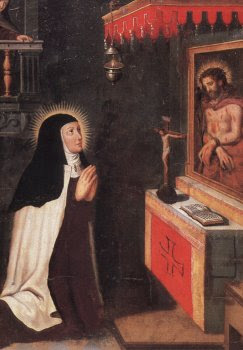Day Three
Podcast: Play in new window | Download (Duration: 2:28 — 1.7MB) | Embed
Subscribe: Apple Podcasts | Spotify | Amazon Music | Android | Pandora | iHeartRadio | JioSaavn | Podchaser | Gaana | Podcast Index | Email | TuneIn | Deezer | Anghami | RSS | More
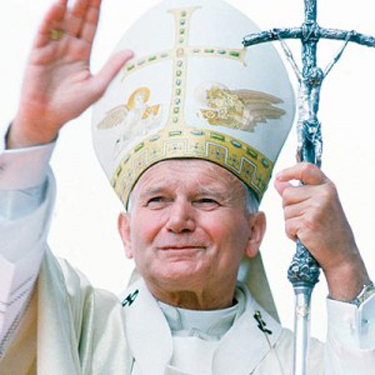
Day Three
Reflection by Saint John Paul II:
“Do not be afraid. Open wide the doors for Christ. To his saving power open the boundaries of States, economic and political systems, the vast fields of culture, civilization and development. Do not be afraid.”
Prayer for the Intercession of St. John Paul II
O Blessed Trinity, we thank you
for having graced the Church with
Saint John Paul II and for allowing
the tenderness of your fatherly care,
the glory of the Cross of Christ
and the splendor of the Spirit of love
to shine through him.
Trusting fully in your infinite mercy
and in the maternal intercession of Mary,
he has given us a living image of
Jesus the Good Shepherd.
He has shown us that holiness
is the necessary measure of ordinary
Christian life and is the way of
achieving eternal communion with you.
Grant us, by his intercession,
and according to your will,
the graces we implore,
through Christ our Lord. Amen.
A Prayer composed by St. John Paul II
O God, You are our Creator.
You are good and Your mercy knows no bounds.
To You arises the praise of every creature.
O God, You have given us an inner law by which we must live.
To do Your will is our task.
To follow Your ways is to know peace of heart.
To You we offer our homage.
Guide us on all the paths we travel upon this earth.
Free us from all the evil tendencies which lead our hearts away from Your will.
Never allow us to stray from You.
O God, judge of all humankind, help us to be included among Your chosen ones on the last day.
O God, Author of peace and justice, give us true joy and authentic love, and a lasting solidarity among peoples.
Give us Your everlasting gifts. Amen!
May the God of mercy, the God of love, the God of peace bless each of you and all the members of your families!
[The Pope Speaks 37/4, 1992, 213]
St. John Paul II, pray for us. Amen
For the full 9-day Novena to St. John Paul II with Mp3 audio and text visit here

